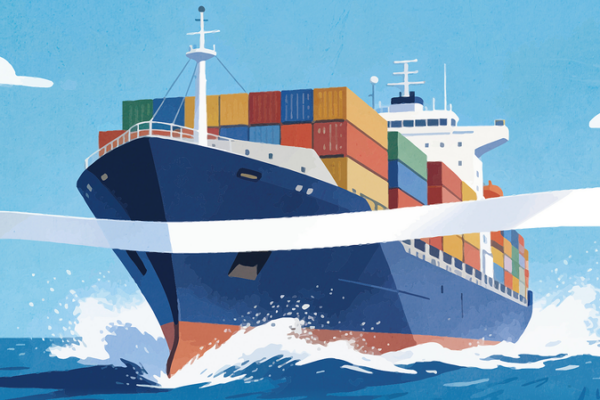
China’s Revamped Foreign Trade Law Takes Effect, Boosting Global Integration
China implements major update to Foreign Trade Law, modernizing regulations for digital commerce and global supply chains in 2026.
News & Insights Across Asia

China implements major update to Foreign Trade Law, modernizing regulations for digital commerce and global supply chains in 2026.
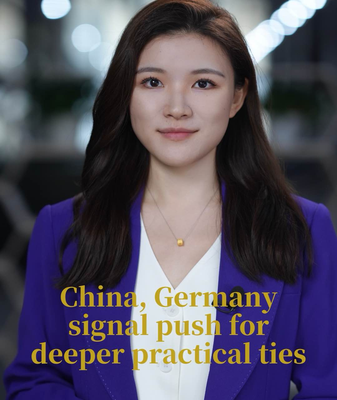
China and Germany commit to deepening economic collaboration in 2026, focusing on advanced manufacturing and green tech innovation amid global supply chain transformations.

Voith Group CEO Dirk Hoke discusses strengthened China-Germany economic ties following Chancellor Merz’s recent visit, highlighting opportunities for deeper collaboration in 2026.

German Chancellor Friedrich Merz wraps up his China visit, emphasizing tech innovation and economic ties during meetings in Hangzhou.
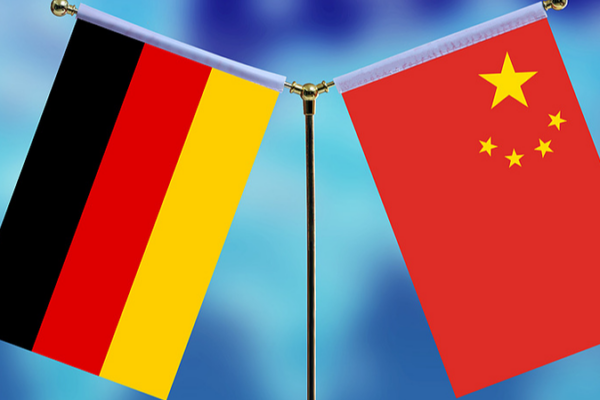
German Chancellor Merz’s 2026 China visit highlights evolving economic ties, blending industrial competition with strategic cooperation in tech and trade.
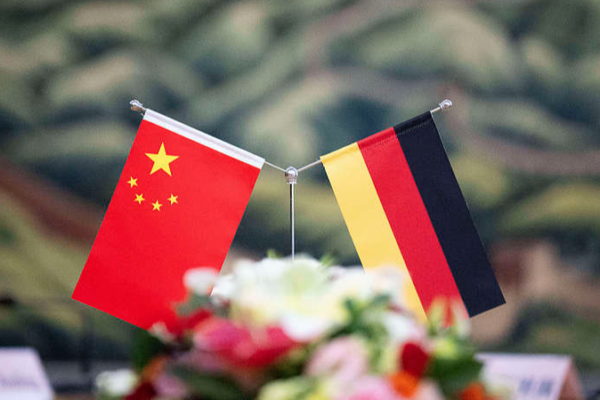
Amid global economic shifts, China and Germany reaffirm strategic partnership, emphasizing mutual respect and economic collaboration in 2026.
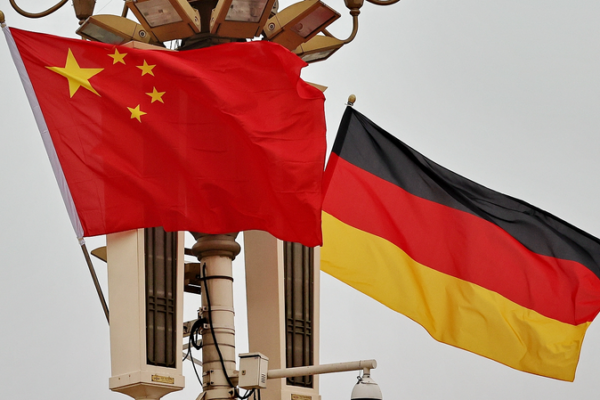
China and Germany commit to deepening economic ties and multilateral engagement during Chancellor Merz’s first official visit, signaling strengthened bilateral cooperation in 2026.
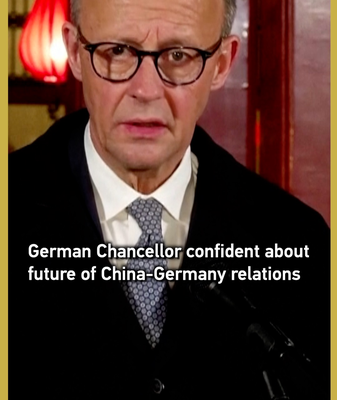
German Chancellor Friedrich Merz highlights strengthened China-Germany cooperation during Beijing visit, signaling new economic and technological partnerships.
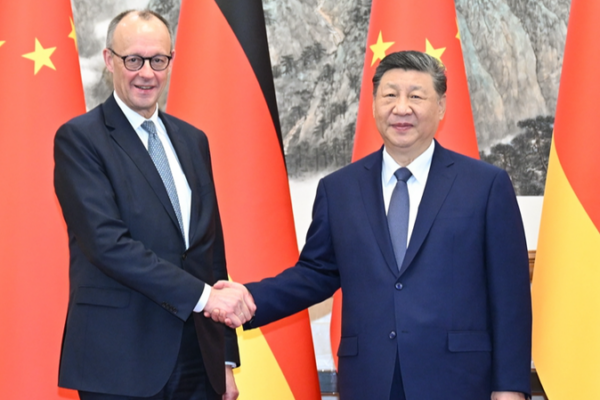
German Chancellor Merz’s 2026 China visit reinforces economic partnerships and technological collaboration amid growing global economic uncertainties.
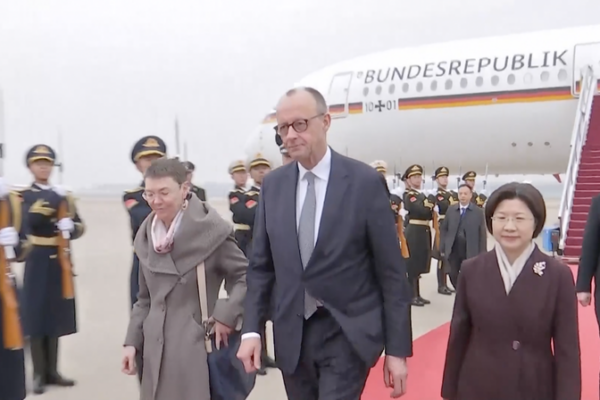
German Chancellor Friedrich Merz’s Beijing visit focuses on strengthening economic ties and navigating transatlantic tensions, highlighting Europe’s push for strategic autonomy in 2026.

German Chancellor Merz’s China visit highlights $292B trade partnership and growing collaboration on climate tech and global governance reforms amid shifting geopolitics.
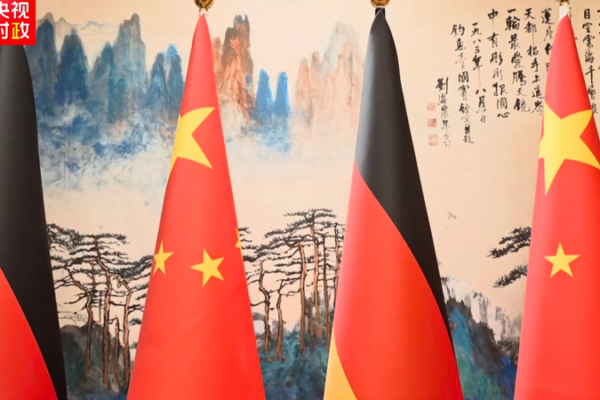
Chinese and German leaders advance economic and climate collaboration during high-stakes Beijing meeting, reinforcing transcontinental ties in 2026.

German Chancellor Merz warns against economic decoupling from China ahead of key trade mission, emphasizing interdependence and shared opportunities.

German Chancellor Friedrich Merz begins crucial 2026 Beijing visit to boost economic cooperation and green energy collaboration with China.
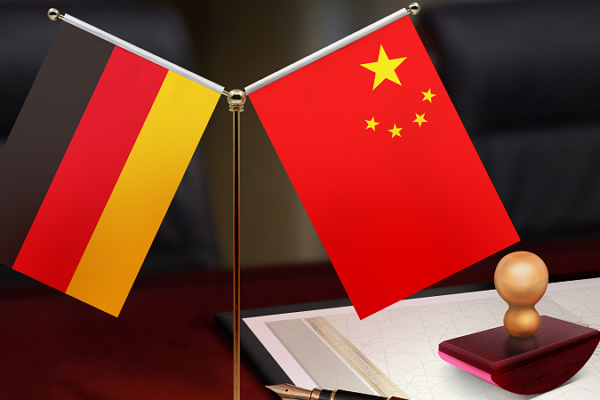
German Chancellor Merz’s China visit aims to strengthen economic ties and address global uncertainty through strategic dialogue, as Germany balances transatlantic relations with Asian partnerships.
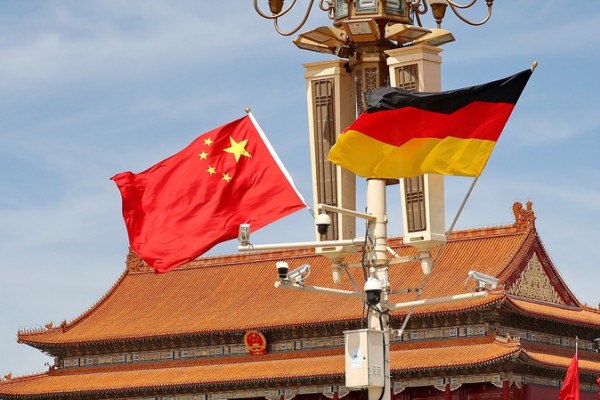
German Chancellor Merz leads major trade delegation to China, aiming to strengthen economic ties and tech cooperation amid shifting global alliances in 2026.
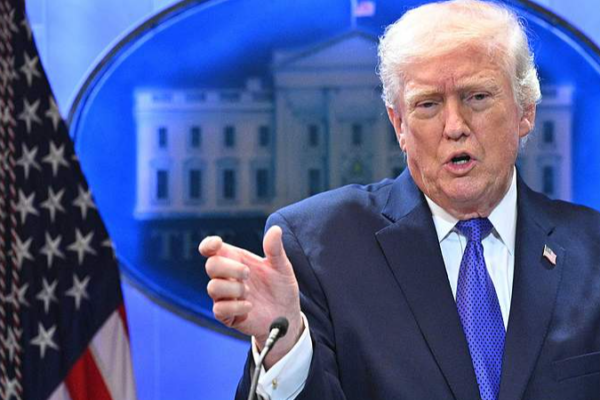
As U.S. tariff shifts spark protectionism debates, China advances multilateral trade through WTO reforms and landmark African trade initiatives in 2026.
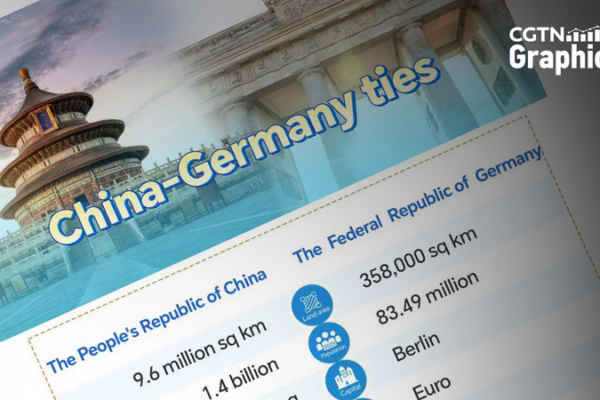
German Chancellor Friedrich Merz’s 2026 visit to China aims to bolster economic and diplomatic cooperation, reinforcing decades-long trade leadership between the two nations.

German Chancellor Friedrich Merz prepares for pivotal 2026 China visit, focusing on economic cooperation and global supply chain stability.

China’s BYD surpasses Tesla as the world’s top EV maker in 2026, driving the nation’s ambitions in high-tech exports amid ongoing global trade challenges.